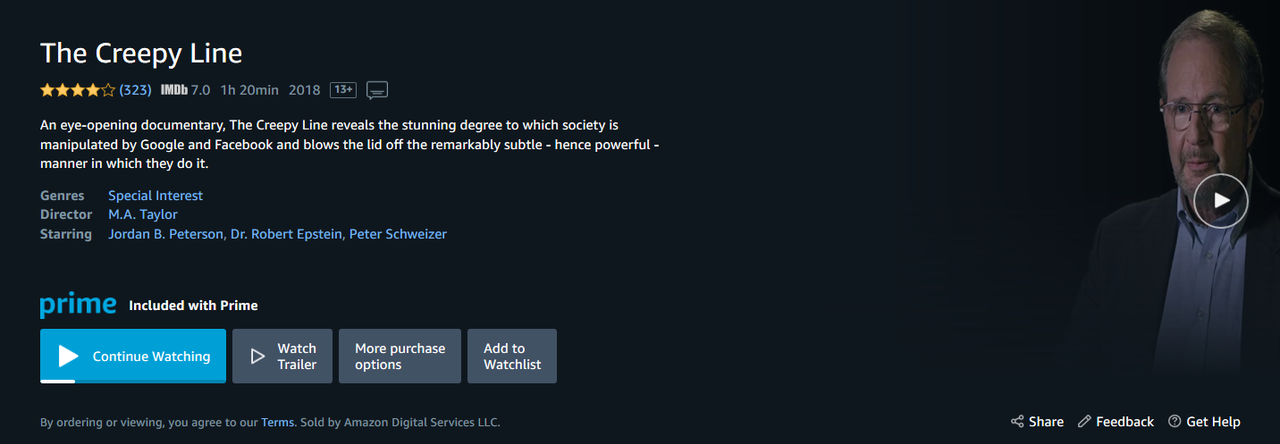Craig Murray reports on the fourth day of Julian Assange’s extradition hearing. From Murray at craigmurray.org.uk:
Please try this experiment for me.
Try asking this question out loud, in a tone of intellectual interest and engagement: “Are you suggesting that the two have the same effect?”.
Now try asking this question out loud, in a tone of hostility and incredulity bordering on sarcasm: “Are you suggesting that the two have the same effect?”.
Firstly, congratulations on your acting skills; you take direction very well. Secondly, is it not fascinating how precisely the same words can convey the opposite meaning dependent on modulation of stress, pitch, and volume?
Yesterday the prosecution continued its argument that the provision in the 2007 UK/US Extradition Treaty that bars extradition for political offences is a dead letter, and that Julian Assange’s objectives are not political in any event. James Lewis QC for the prosecution spoke for about an hour, and Edward Fitzgerald QC replied for the defence for about the same time. During Lewis’s presentation, he was interrupted by Judge Baraitser precisely once. During Fitzgerald’s reply, Baraitser interjected seventeen times.
In the transcript, those interruptions will not look unreasonable:
“Could you clarify that for me Mr Fitzgerald…”
“So how do you cope with Mr Lewis’s point that…”
“But surely that’s a circular argument…”
“But it’s not incorporated, is it?…”
All these and the other dozen interruptions were designed to appear to show the judge attempting to clarify the defence’s argument in a spirit of intellectual testing. But if you heard the tone of Baraitser’s voice, saw her body language and facial expressions, it was anything but.


 In this photo taken on February 21, youths and peace activists gather as they celebrate the reduction in violence, in Kandahar. A week-long partial truce took hold across Afghanistan on February 22, with some jubilant civilians dancing in the streets as the war-weary country prepared for this coming Saturday’s planned agreement on a peace deal between the Taliban and the United States. Photo: AFP / Javed Tanveer
In this photo taken on February 21, youths and peace activists gather as they celebrate the reduction in violence, in Kandahar. A week-long partial truce took hold across Afghanistan on February 22, with some jubilant civilians dancing in the streets as the war-weary country prepared for this coming Saturday’s planned agreement on a peace deal between the Taliban and the United States. Photo: AFP / Javed Tanveer